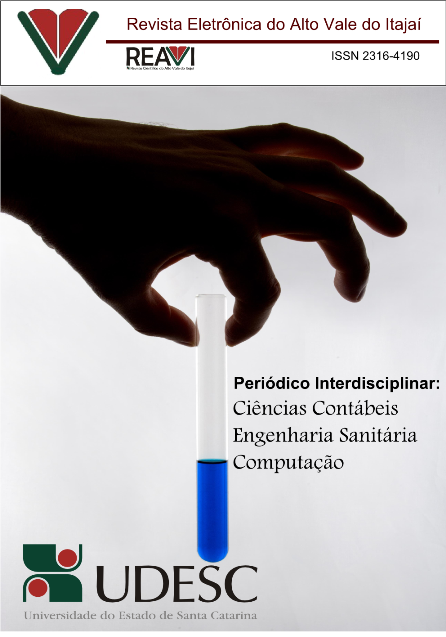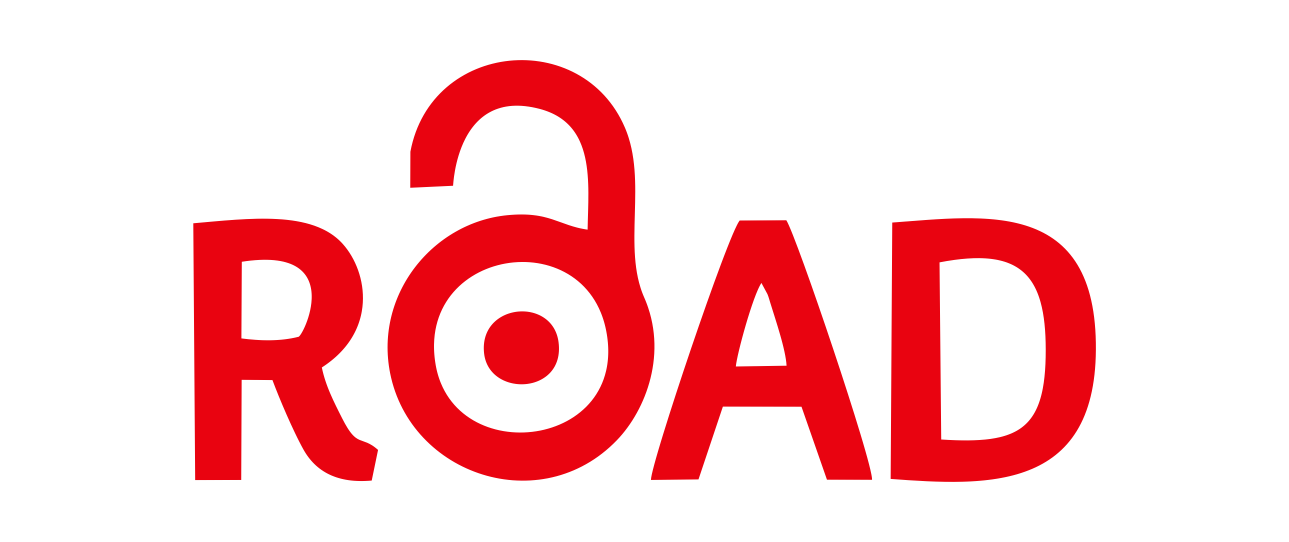Applied accounting: contributions to the rural area
DOI:
https://doi.org/10.5965/2764747102032013103Keywords:
agriculture, rural accounting, rural managementAbstract
Demonstrating by a literary review, followed by field data collection in a rural company of Indaial, state of Santa Catarina (SC), the possible insertions of rural accounting in the management process of the small property is intended. All existing cultures in the property were analyzed, with the cucumber culture standing out as the one that offers the most financial return, which was the object of study of this work. In conclusion, after analyzing the year-end income statements, based on the months in which the property holds its best production cycle of all crops, the cucumber actually offers greater profitability for the producer. Since the production cycle of cucumber, cultivated outdoors, being in summer, due to its natural characteristics, in the colder months the income of the property reduces significantly. To this end, alternatives were sought, alongside the producer, to mitigate the income decrease in this period of production seasonality.
Downloads
References
BREITENBACH, Raquel; BÜNDCHEN, Andréa. Gestão de estabelecimento rural: análise e diagnóstico para tomada de decisão. Revista Técnico Científica do IFSC, v. 1, n. 3, 2012.
BUZZINI, Rebina Rosa. Basta o selo de qualidade nos produtos agroindustriais/hortifrúti- estrativos pra ter uma “cultura de qualidade e ambiental”? Estudo de Casos. ENEGEP, 1998. Disponível em: <http://www.abepro.org.br/biblioteca/ENEGEP1998_ART084.pdf> Acesso em: 24 abr. 2013.
CALDERELLI, Antonio. Enciclopédia contábil e comercial brasileira. 30. ed. São Paulo: CETEC, 1997.
COSTA, M. S.; LIBONATI, J. J.; RODRIGUES, R. N. Conhecimentos sobre particularidades da contabilidade rural: um estudo exploratório com contadores da região metropolitana de Recife. ConTexto, Porto Alegre, v. 4, n. 7, 2004. Disponível em: http://seer.ufrgs.br/ConTexto/article/view/11275/6665 Acesso em 29 abr. 2013.
CREPALDI, Silvio Aparecido. Contabilidade rural: uma abordagem decisorial. 4. ed. revista, atualizada e ampliada. São Paulo: Atlas, 2006.
MARION, José Carlos. Contabilidade rural: contabilidade agrícola, contabilidade da pecuária, imposto de renda pessoa jurídica. 12. ed. São Paulo: Atlas, 2010.
MAXIMIANO, A. C. A. Teoria geral da administração: da revolução urbana à revolução industrial. 3 ed. São Paulo: Atlas, 2002.
NAGAOKA, Marilda da Penha Teixeira et al. Gestão de propriedades rurais: processo estruturado de revisão de literatura e análise sistêmica. Current Agricultural Science and Technology, v. 17, n. 4, 2013.
NEPOMUCENO, Fernando. Contabilidade rural e seus custos de produção. São Paulo: IOB-Thomson, 2004.
RATKO, Alice Terezinha. Contribuições da contabilidade rural para propriedade agrícola de pequeno porte. Revista e-Estudante, v.3, n.3,2011. Disponível em: http://revistas.utfpr.edu.br/pb/index.php/ecap/article/viewArticle/1213> Acesso em: 24 abr. 2013.
SOUZA, Izildo. 5s – Seiri – Seiton – Seiso – Seiketsu – Shitsuke, 2011. Disponível em: https://www.youtube.com/watch?v=id2IJt2k6XY Acesso em 24 abr. 2013.
VELOSO, Rui Fonsêca; FERNANDES, Fernando Borges; BARIONI, Luis Gustavo. A importância do controle financeiro em um sistema de informações gerenciais numa fazenda familiar. In: IV Congresso brasileiro da sociedade brasileira de informática aplicada à agropecuária e à agroindústria. Anais, 2003. Disponível em: http://www.sbiagro.org.br/portugues/eventos/organizados/iv_congresso.html Acesso em: 11 abr. 2013.
Downloads
Published
How to Cite
Issue
Section
License
Copyright (c) 2013 Marino Luiz Eyerkaufer, Douglas Fernando Tomanini, Marcos Roberto Reblin, Suzimara Skrepitz

This work is licensed under a Creative Commons Attribution 4.0 International License.
Brazilian Journal of Accounting and Management offers free and immediate access to its content, following the principle that providing scientifical knowledge in a free manner promotes a better world democratization of knowledge. Authors maintain copyright of articles and grant to the journal the rights of the first publication, according to the Creative Commons Attribution licensing criteria, which allows the work to be shared with initial publication and authorship recognition. These licenses allow others to distribute, remix, adapt, or create derived work, even if it is for commercial purposes, provided that the credit is given to the original creation.




















